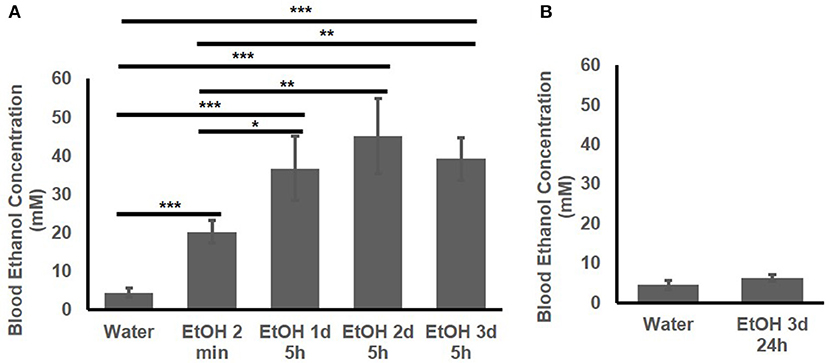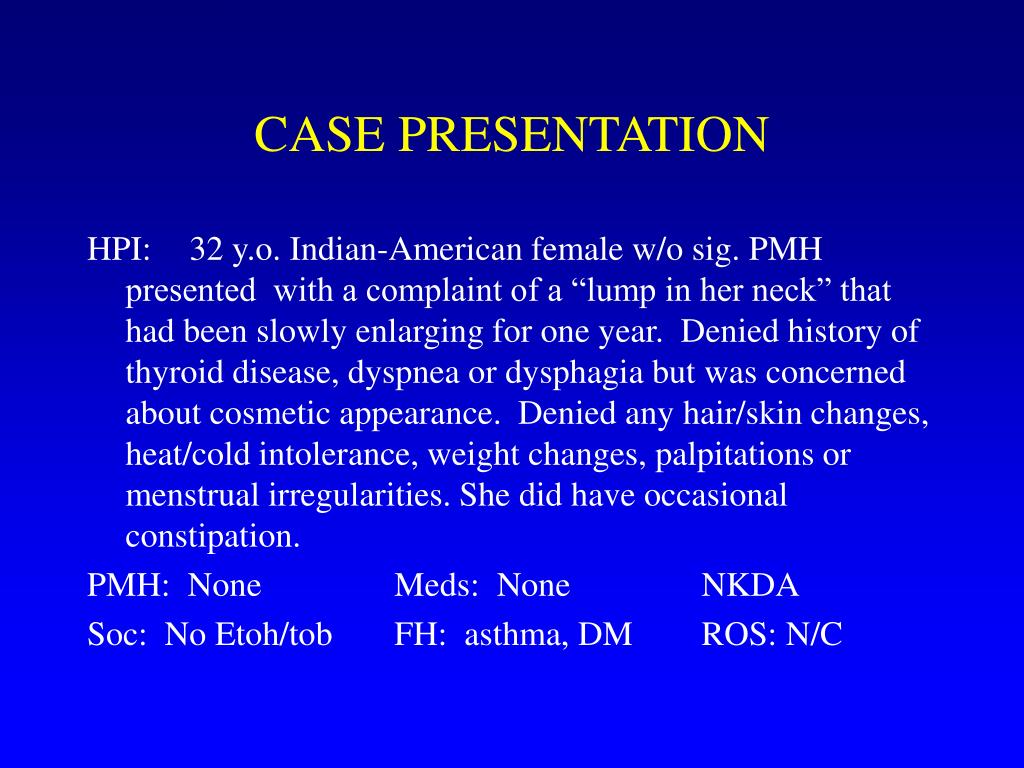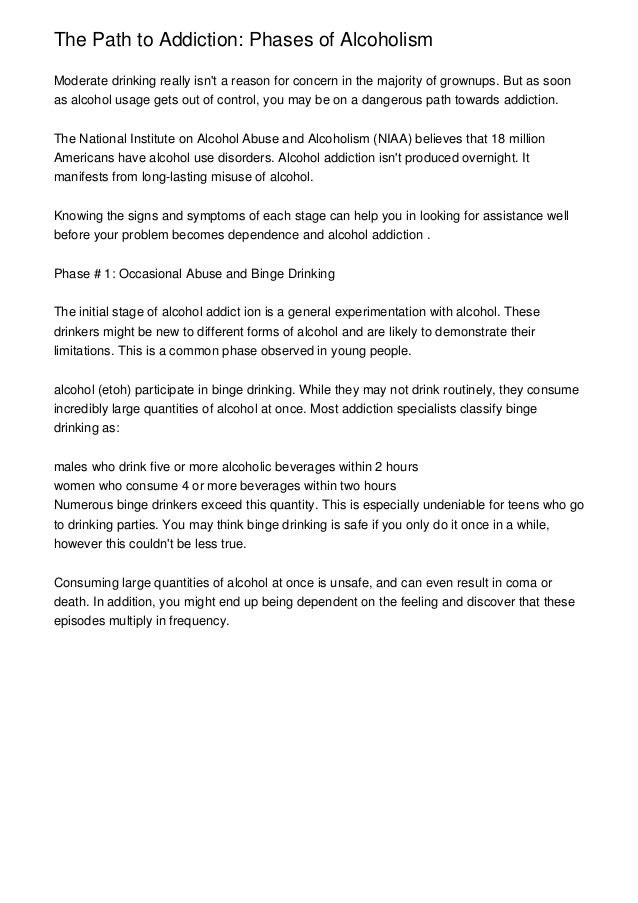Occasional Etoh
Ethanol is the alcohol in alcoholic drinks, as opposed to methanol (wood grain alcohol) or isopropanol (rubbing alcohol), both of which are poisonous. It is abbreviated in chemical and medical. Mar 12, 2020 Pain, Inflammation, and Other Acute Symptoms. According to the book Pancreatitis and Its Complications, there are specific symptoms of pancreatitis. The symptoms of acute pancreatitis most often include a swollen or tender abdomen, abdominal pain that radiates to the back (often exacerbated by eating fatty foods), nausea, vomiting, increased heart rate, and fever.
Alcohol is a common cause of heartburn, sour stomach,and indigestion, so you probably don't want to head to happy hour if you're experiencing any of these issues. Plus, doing so can be dangerous. Medical ETOH abbreviation meaning defined here. What does ETOH stand for in Medical? Get the top ETOH abbreviation related to Medical.
The health and safety of our patients and teammates is our top priority. We are keeping a close eye on this situation and reinforcing the extensive infection control practices already in place to protect them. Click here to find videos and additional resources.
Food and drink are a huge part of celebrations and special occasions. Many people on dialysis wonder if drinking alcohol can be a part of a kidney diet. By working with your nephrologist and dietitian, it may be possible to include alcohol in moderation.
Alcohol Considerations
The following tips can help you determine what is right for you.
- Talk to the doc. Before consuming alcohol while on dialysis check with your nephrologist. Your doctor will review your medical history and medications to make sure it is safe.
- Know your high or low risk. Diabetes increases risk of low blood sugar when drinking alcohol, especially if you have not eaten. The American Diabetes Association recommends to not drink on an empty stomach or when your blood sugar is low. On the other hand, some drinks may cause high blood sugar. Be aware of drink mixers that are high in sugar and carbohydrates. Select mixers without calories such as club soda, diet sprite, diet tonic water, or water to avoid jumps in blood sugar.
- Be fluid aware. Moderation is the key if you are on a fluid restriction. Limiting your fluid intake while on dialysis is recommended for your overall health. Being fluid overloaded is hard on your heart. One can of beer contains 12 ounces of fluid. A typical fluid limit for patients on dialysis is 32 ounces of fluid per day. This means drinking a single beer would leave you with 20 ounces of fluid for the whole day. Talk to your nephrologist or dietitian about your personalized fluid recommendations. Limiting alcoholic beverages to one serving is better for your fluid intake and can help limit potassium and phosphorus.
Potassium and Phosphorus
Watch out for drinks high in potassium or phosphorus. Drinks made with tomato juice or orange juice are loaded with potassium. The following drinks are examples of cocktails that are high in potassium and are not recommended for dialysis patients:
- Bloody Mary
- Screwdriver
- Pina Colada
- Tequila Sunrise
Cocktails made with milk or cream are higher in potassium and phosphorus and should be limited. Beer and wine contain potassium and phosphorus in different amounts. Dialysis patients should limit beer to a 12 ounce serving and wine to a 5 ounce serving.
Spirits have the least amount of potassium, or phosphorus. These include;
- Bourbon
- Gin
- Rum
- Scotch
- Vodka
- Whiskey
Make sure to limit these to a 1.5 ounce serving (1 shot). Be aware that mixers can add to the potassium or phosphorus content of a drink. Select mixers that are low in potassium and phosphorus such as club soda, sprite, tonic water, an ounce of fresh lime or lemon juice, pineapple juice, cranberry juice or water.
For more information read “Alcohol and Chronic Kidney Disease” from the DaVita.com Diet & Nutrition articles. Use the DaVita Diet Helper™ Food Analyzer to search and view nutrients in cocktails, wine, beer and spirits.
Reference

This article is for informational purposes only and is not a substitute for medical advice or treatment. Consult your physician and dietitian regarding your specific diagnosis, treatment, diet and health questions.
Is it possible to become an occasional drinker again? Can I ever become a normal drinker again or have I actually crossed the line to where drinking is now over forever?
Can I Become An Occasional Drinker?
This is an important question and we must start at the beginning to answer it. What was it like when you were an occasional drinker? When you were just drinking on occasion – a glass of wine maybe twice a month? You weren’t thinking about it very much and it wasn’t an important part of your life. You absolutely weren’t using it on a daily basis to zone out which is in effect self-medicating.
The Slippery Slope

Things get tricky with alcohol when people start drinking socially but then begin using alcohol to relieve stress or to deal with things in their life. As our lives becomes more stressful you find there’s always a reason to drink and there’s always something stressful around the corner. Suddenly you develop an addiction which can make the quest to become an occasional drinker a challenge.
What The Studies Say

I never want to ignore the studies. There have been studies done on whether one can become an occasional drinker again. A study by the National Institute of Alcoholism and Abuse looked at people who quit drinking alcohol spontaneously. Some just stopped drinking overall while others went back to drinking over a few years time at moderate non-harmful levels to them. Unfortunately the study didn’t follow them on so didn’t it didn’t show if they fell back in the alcohol trap.
The thing about alcohol is that it builds a tolerance and so you drink more over time to get that same effect.
One glass of wine if you haven’t drank in three years might be just fine. If you fast-forward and you’re doing one glass of wine on occasion, you suddenly are going to need two glasses of wine to get the same effect. This study didn’t follow people over the long term. It does say that there is some evidence that one can become an occasional drinker after disordered drinking. I actually know some people who have become occasional drinkers again after long periods of sobriety. I’m certainly not one to say that it’s an impossibility. I think that before we even have the right to ask this question we need to have some very significant time of sobriety. Living life without alcohol to really explore the reasons we’re drinking in the first place.
Freedom
In my life freedom comes from not wanting to drink. It’s about going back to not needing alcohol to have a good time – to dance, to laugh, to have fun – and freedom comes from not needing it and not wanting it. Freedom comes from doing all the work and the research to fill the places that I was self-medicating with alcohol with other things. Exercise, meditation, getting enough sleep, reading, self care – I’ve become this whole happy person without drinking. I’m not using alcohol to do it –I’m not self medicating with and addictive substance and I’m not numbing the symptoms.
Occasional Etoh
Self medicating
Self medicating with alcohol is avoidance at its finest. You never deal with the underlying problem – it’s like having a huge skin infection on your hand. It needs antibiotics to cure it, to solve it and you just put a bandaid on it and let it fester. That’s really what self-medicating with alcohol is like.
How I Want To Live
Occasional Etoh Icd 10
I want to live in a way that I never feel like I’m missing out. If I wanted the occasional glass of wine and for whatever reason wasn’t letting myself have the occasional glass of wine I would feel like I was missing out and that wouldn’t be true freedom. I understand that part of the work to get to that place of feeling like you don’t even want to drink is going through a time and a period of self-reflection.
Getting to know yourself, getting to understand why you’re drinking in the first place and addressing those issues in a very mindful way that takes a significant amount of work.
Then moving forward into this life where alcohol does become irrelevant because you can’t become an occasional drinker when you’re using alcohol to self-medicate. If the alcohol is that important to you where you’re using it for medicine, occasional drinking won’t work.
Experience It
One of the most important things about this is it’s only your experience that’s going to get you there. You know you can read my book or any books, you can hear about other people’s experience and that’s definitely going to help. That’s going to give you the desire and the tools. It’s going to show you what’s worked for other people but it’s only going to be your experience that can allow you to become an occasional drinker. If you haven’t been able to even string together more than five or ten sober days every one of those days you’re living in a state of withdrawal from alcohol because the alcohol hasn’t even purged from your system. When you drink it’s going to be relieving because it relieves that withdrawal. You can’t answer this question unless you have a significant time of experiencing your life completely alcohol free.
One Year
My minimum recommendation is that you need to go through an entire calendar year. You need to be able to commit to a year where you can experience every single calendar event from birthdays to holidays and see how it is without alcohol. The year will give you enough time to really get beyond self-medication. It’s going to give you enough time to really learn how to self-care. Self-care for your body-exercise and nutrition which are natural ways to deal with anxiety and depression. These are things that you can just start to take advantage of right now. It’s going to teach you how to regulate and deal with your own emotions without the crutch of alcohol. Something you’ll never learn to do if you are continuously drinking to numb your emotions because if you don’t feel them you’re never going to know how to deal with them.
Mindfulness
Occasional Etoh Use
Experience a year without alcohol will teach you to be mindful. You will learn how to be mindfully aware of your thinking, change your thought patterns and reconnect – without alcohol. You’ll rediscover what is important to you and find meaning outside of the bottle. Discover what you want in your life and what are your non-negotiables are.
My non-negotiables are that I will never go back to that point of addiction in my life where I give up memories. I’m not going to put anything in my body that makes me not remember what is happening in my life. Even if those memories happen to be really scary sometimes. Even if I’m upset and feeling left out. I’m not going to give that up.
Another non-negotiable for me is freedom. I’m not going to need any substances. Yes I’m going to need nature and exercising- all these good things- my husband, my kids but I’m not going to need a substance. That’s really important to me.
By all means, if you need medication from a doctor take it! In the same fashion, I won’t take a self-prescribed addictive substance though.
Ending Cognitive Dissonance
I’m not going to do something that I don’t want to be doing. I couldn’t have found any of those things out without time of sober self-reflection. You don’t learn about yourself when you don’t have enough brain space and capacity to know yourself. Give yourself the time to be able to look at whether you can become an occasional drinker from a perspective that has the experiences to back it up.
Read More
Learn more about cognitive dissonance and start reading This Naked Mind today!
Fear Not
Many of us come to this question from fear. Fear of missing out, fear of being different, fear of life without self-medication, fear of not having as much fun. After all remember these fears didn’t exist before you started drinking. So all of these fears in effect are coming from alcohol. I think that nothing is more influential than your own personal experiences in really overcoming these fears. You have to prove this to yourself- you have to give yourself the gift of finding out you know how much you’re missing. Fear of your own emotions, fear of your own self, that’s the most common thing. It’s most difficult to quit if you’re drinking to escape facing yourself. If you’re drinking to zone out that is drinking to escape yourself. In order to really be free and to be free enough to perhaps someday become an occasional drinker you have to be able to face yourself.
Commit
If you can’t commit to a year, commit to a month. Commit to 30 days – make a commitment you can keep. Make one that you can do. Not keeping your commitment adds to the whole cycle because it gives you guilt. Guilt leads to drinking more and leads to more stress. Make a decision make a commitment that you can keep. Maybe it’s 30 days and at the end of 30 days decide if you need to extend your commitment. Be prepared to deal with your emotions without numbing them. If you can’t do 30 days, if you can’t make that commitment – If it’s too much you may need a more intensive treatment option.

Pick Your Path
Do you want to continue on this path? Drinking to numb? Drinking for addiction? This trajectory you’re on is going one direction and that direction is to a rock-bottom crisis type experience whether it’s physically with your health, with your emotions, with your people that you love. That is where you’re going. You’re not on a neutral path if you’re drinking more and more and more and especially when you’re at a place where you want to be done. I believe that we can free ourselves.
Occasional Etoh
Gather Support

All things considered, I’d invoke positive peer pressure once you’ve decided to stop drinking. Okay 30 days I’m doing this or one year I’m doing this – tell people that you love and get their support. Throughout the year be mindful and write down all of your experiences. How did experiences fee? How did things go? What was my anxiety level Was it horrible? Write that down! If it was beautiful and surprising write that down because you’re going to need this at the end of the year to say well is it actually worth it to have that glass of wine? Or might I be waking that alcohol monster and that addiction right back up? Is that worth it to me?
In The End
In closing, if it’s important to you right now then yes – it’s a possibility to become an occasional drinker again. If that helps you get through the first 30 days or the first year recognize it as fear and put that fear away by saying yes . You need to understand having an occasional glass of wine and caring about alcohol little enough to only have an occasional glass of wine is a very different place than drinking every night to zone out.